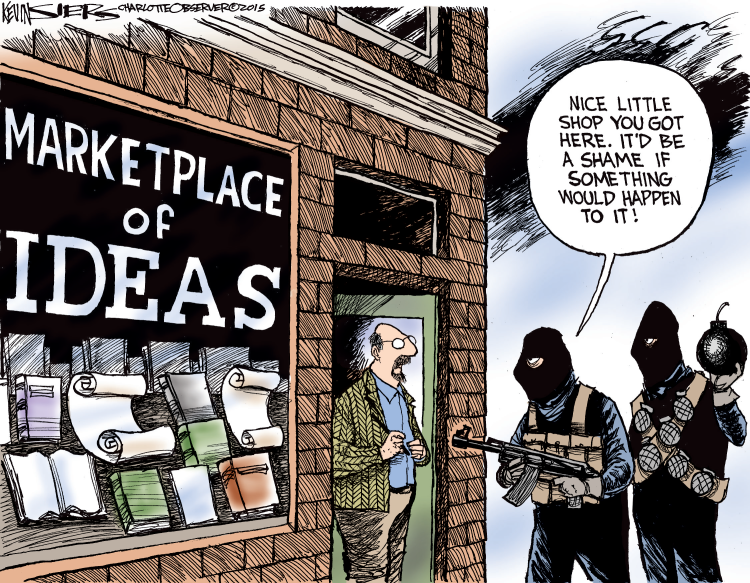Technology and Me
I spend a lot of time on technology. This semester, I am completing 18 credit hours, researching, and working 10 hours a week at my university's Information Technology center. Technology is unavoidable and my life at the same time.
However, I try my best to limit what I do. During school hours, I complete my homework online, as well as take notes and read textbooks on my laptop. For almost the entire day, I listen to music: between classes, while doing homework, and going to the gym. I communicate with my friends with my phone, but honestly, I only prioritize very few people to respond to. I only respond to calls when it is someone I very much care about, and prefer to communicate face to face. This is easy when my friends all live in the same campus as me, so I spend a large amount of time just hanging out with my friends or boyfriend.
I am certainly dependent on technology. Computer science and game design do not lend themselves to let me unplug for large amounts of time. However, I do enjoy reading books on the promenade and going to exercise. When I have nothing to do, I bring a towel and lay in the grass while either crocheting or reading a book.
Technology addiction affects everyone in the modern era in some way. I will not try to prove that I am not addicted. When I have time, I play video games for hours at a time. I find alone time without music to be off-putting, and I definitely spend some time before bed scrolling. However, I feel that it is alright to indulge somewhat. I work extremely hard, and sometimes I leave the dorm at 9 in the morning and don't come back until past 10. Sometimes, I don't come back all night. I feel that it is unproblematic to allow myself a small amount of time to consume content without any other obligations. This is also not a lot of time. If I'm lucky, I watch a 15 minute YouTube video before bed.
Social media takes up the lives of a lot of people. However, I try to minimize what I do on social media. I rarely post on Instagram (although I do post a lot about HPU on my story) and only follow those who I know personally. I use Snapchat for group chats, Discord for my computer science and game design friends, and have not downloaded TikTok. I don't particularly look at other people's social media presences either, not because I don't care about them, but I just don't have enough time in the day to look. I am mostly unaffected by how people appear on social media, and this results in the fact that I don't compare myself to others much.Technology and The People Around Me
They say you are the people you surround yourself with. I surround myself with similar people who work on computers, games, and friends that want to communicate with me. They live in the same online spaces that I do. My friends that I communicate the most with online are, fittingly, mostly computer science majors, and we spend many hours on our computer talking in the group chat. This all took us through the Covid era, where in person communication was impossible. It's not the same as looking them in the face, but everyone was very active, and we called or video chatted often.
I have a pretty low screen time on my phone. It's close to about 4 hours, with at least some of it related to life-necessary activities like ordering food and signing into Workday. The reason that my screen time is so low on my phone is also because I spend a lot of time on the computer. Discord has the great advantage of that it is both a phone app and a computer app, so I communicate through my computer a lot.I have a much lower screen time than most people I know. For example, I asked my roommate and one other friend, and they both have close to 8 hours on their phone. Honestly, I'm just way too busy to have this much time on my phone. I'm completing two majors at the same time, working, doing research, and attending 4-5 clubs a week. These are all things I enjoy, and are more fulfilling than spending my free time consuming content.
Technology and Society
The Digital Age is the time where we reside, a time where the relationship between humanity and technology is so intertwined that we cannot imagine life without it. In general, I believe it is unhealthy. It is not as dramatic as this video makes it seem, but there are definitely some parts of truth. The amount of people that have been injured or killed playing Pokemon Go is much higher than it should be, standing at a current 24 deaths and 62 injuries. It is ridiculous to think that people are so distracted playing Pokemon that they neglect bodily safety, but honestly, this happens a lot with technology.I work in customer service, and the amount of people who are hopelessly confused confound me every day. Society produces people that use technology, but they are not necessarily technologically literate. People don't know how to use applications, avoid malware, put together a computer, or moderate their technology use. Of course, this is a sweeping statement, but for the population that does not concentrate in computers, this is true.
I feel that people are generally quite willing to jump headfirst into technology without doing any sort of background critical thinking. The idea of autonomous cars is cool in concept, but the closer someone is to actually developing the technology the more they doubt this invention. The National Law Review cites that more deaths happen per million crashes in autonomous vehicles than in non-autonomous vehicles, even though 90% of crashes are a result in human error. The Internet of Things, or the idea that every daily task will be aided by technology in some way, is already something that exists, with smart fridges, watches, alarm clocks, lights, etc.This resembles the Futurama hopefulness of what technology can do to us, but it is an unrealistic optimism that cannot exist in the world so long as humans continue to be human. There could be a world where humans are free to create and relax, with all tedious jobs fulfilled by AI, but there will not be. Already, AI has been winning art competitions, putting people out of jobs, and automating daily tasks. Unfortunately, we live in a world where efficiency matters, so instead of limiting tedious tasks and freeing human labor for more creative careers, companies will try to replace as many people as possible.











.jpg)



















